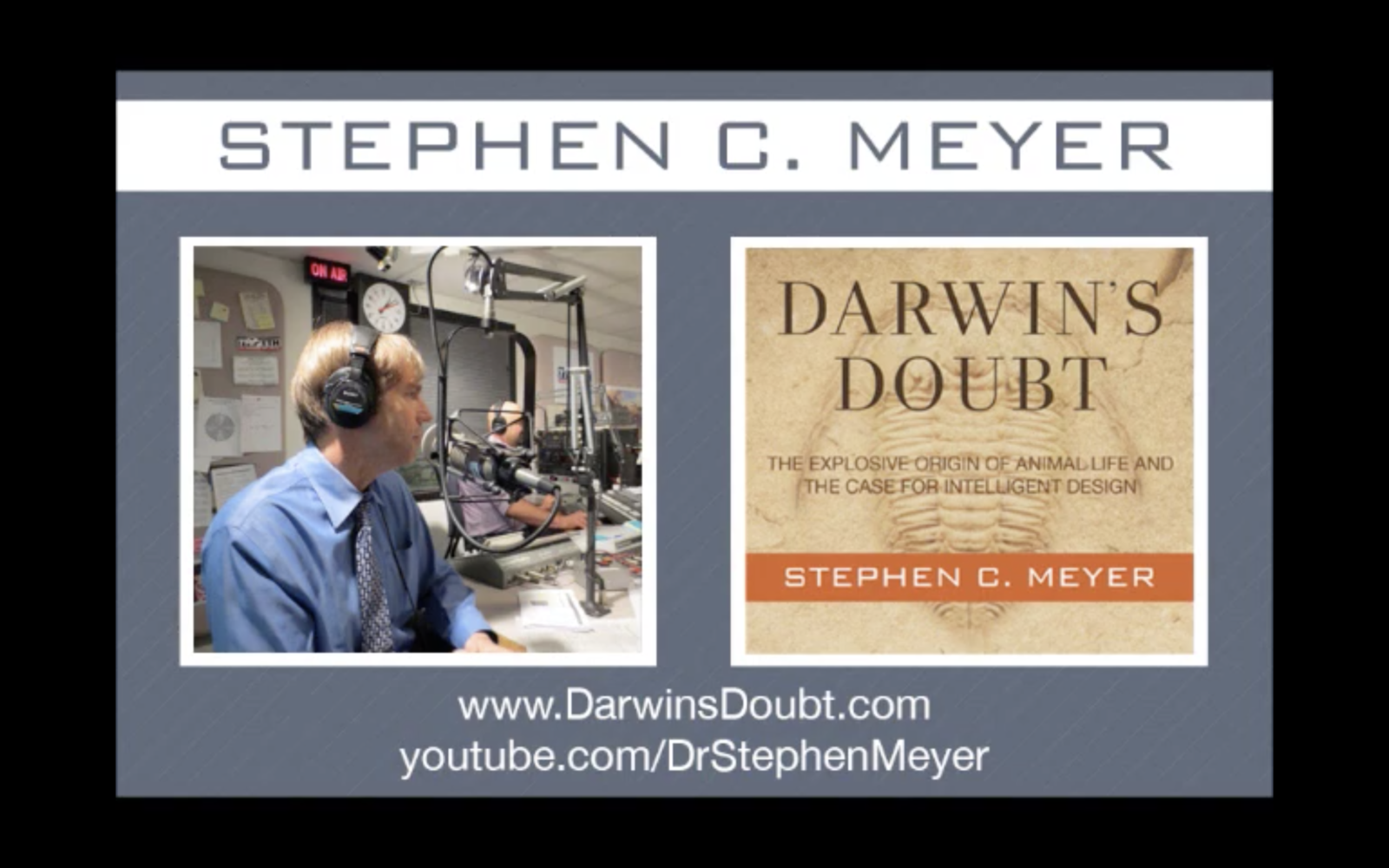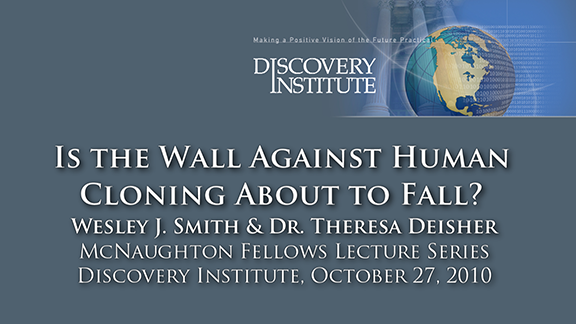


Evolution and the Disturbing Consequences of Denying Free Will

The Top Ten Scientific Problems with Biological and Chemical Evolution

Stephen Meyer on the Michael Medved Show discusses materialism and how it affects our constitution
On the Michael Medved show, Dr. Stephen Meyer discusses the conflict between the materialistic worldview espoused by such thinkers as Darwin, Marx, Freud, and the principles articulated in the Constitution. Stephen Meyer is the author of The New York Times best selling book Darwin’s Doubt: The Explosive Origin of Animal Life and the case for Intelligent Design (HarperOne, 2013). For Read More ›

Surprise and Creativity
Why in the world do we need yet another “new” economics? Jamming the libraries and the bookstores of the world are avatars of what must be every variation on the great themes of market and managerial economics. Scores of Nobel Prizes have been awarded for various nugatory refinements of the prevailing ideas. All these schemes, however, fail to answer the Read More ›
Darwinian Evolution, God, and Morality
God and Evolution contributor John West discusses the implications of Darwin’s theory for belief in God and for the understanding of ethics.

Is the Wall Against Human Cloning About to Fall?
Wesley J. Smith & Dr. Theresa Deisher discuss the ethics of cloning and the potential slippery slope that cloning could bring. Part of the McNaughton Fellows Lecture Series at Discovery Institute.
Darwinian Atheism
Dr. John West discusses God, Darwin, and morality. He says no apparent connection exists between Darwin and Atheism even though 94% of biologist would call themselves atheists or agnostics. He notes that to hold to Darwinian evolution and morality contradicts each other at a fundamental level which is to the credit of the atheist darwinianists for not making the contradiction of believing in both evolution and a morally imposing creator.

Darwin’s Views on Morality

Discerning Truth
Last Friday morning, Dr. George Weigel, a Senior Fellow of the Ethics and Public Policy Center, gave a lecture entitled “Morality, Just War Doctrine, and Iraq” before the Discovery Institute, here in Seattle. The presentation was as fascinating as it was timely. Weigel began by quickly dispensing with the idea that moral and theological ideas should not receive consideration in Read More ›